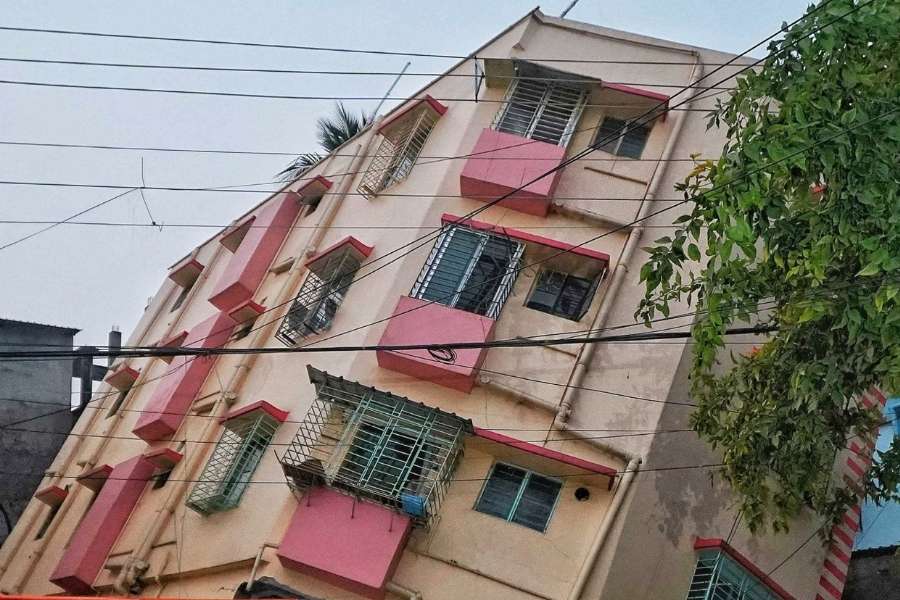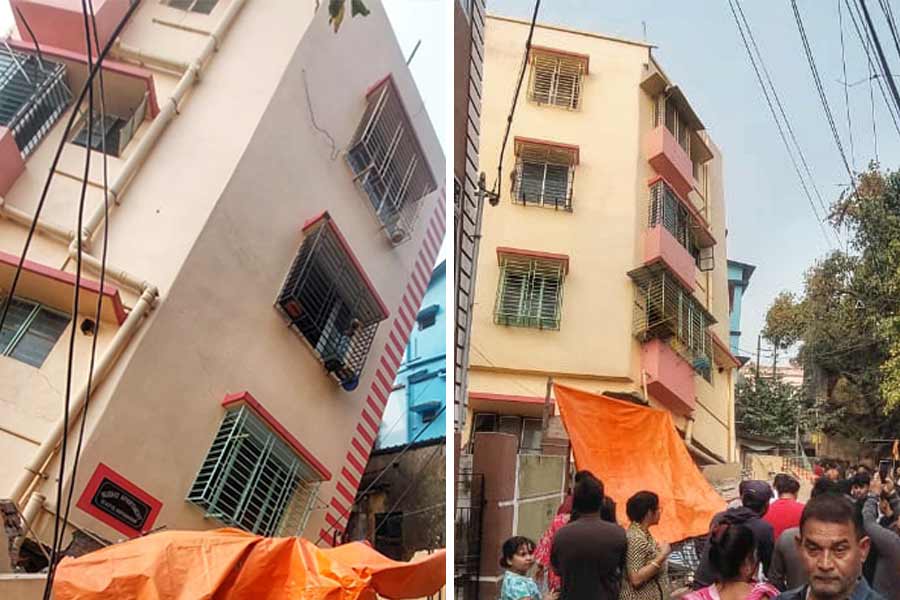 Wednesday, 15 January 2025
Wednesday, 15 January 2025
 Wednesday, 15 January 2025
Wednesday, 15 January 2025
Congress president Mallikarjun Kharge hurled a “rank incompetence” charge at the Narendra Modi government on Tuesday, a day after the Indian rupee touched a historic low low of 86.62 (provisional) against the US dollar in its steepest single-day fall in nearly two years and the Sensex nosedived more than 1,000 points.
Even as experts are divided – many want the Reserve Bank of India to stop trying and propping up the currency – the falling rupee has often led to heated political debates in India.
Back in 2013, when the rupee was nearing 62 against the dollar, then-BJP spokesperson and current Union finance minister Nirmala Sitharaman had targeted the Congress-led UPA government of then-Prime Minister Manmohan Singh.
The prime minister had responded in Parliament.
Here’s a quick recap.
When Nirmala Sitharaman took on the govt over falling rupee
On August 16, 2013, Nirmala Sitharaman had addressed a media conference “with a great sense of concern about the falling rupee”.
The rupee then was about to cross the 62 mark against the dollar.
“Indian economy and the state of affairs in the Indian economy are very clearly getting reflected in this falling value of rupee,” Sitharaman had said.
“We know that the finance minister has been putting extra effort going all around the world to see if he can get investment into India, investment particularly because there's a very worrying level of current account deficit, and also to make sure that the environment for investment improves so that this if it starts in triple, later on it can be reinforced. But with this uncontrolled fall of the rupee, that environment is not getting built up."
She stressed that a depreciating rupee should ideally make exports more competitive but then said that this was not the case.
Sitharaman had explained: “You would imagine that with the falling rupee, Indian import exports will increase. You would imagine with the falling rupee that the exports will increase because your goods get cheaper, and there is a temptation abroad to buy your goods. But, no, people are not wanting to buy your goods. Your inputs are increasing, but your exports are not increasing in spite of the falling rupee. It's a very grave situation.”
Sitharaman had highlighted how the rupee’s fall directly impacts ordinary citizens.
"We are periodically being told by the government, [there’s] nothing to worry. Everything is in place. We are taking care of the economy. And we've been repeatedly told that the fundamentals of the Indian economy are very strong and therefore nothing can hurt us. What more can hurt us?"
She pointed out how the middle class was struggling to fund education abroad.
"Today they are just not able to sustain these students outside. They may be compelled to leave this course halfway and come back," she had said.
“I come from Andhra Pradesh, and I know a lot of people who have sold even their marginal holdings, paid for money, the fee and, you know, residential costs of students who've gone abroad. Today they are just not able to sustain these students outside. They may be compelled to leave this course halfway and come back. If anytime we talk about inflation, price rise, and also move on to talking about the falling rupee…. we've been told no,” she added
Her criticism extended to the Congress government’s attitude toward Opposition concerns.
“It does have an impact on families. And with all this, the attention of the Congress party and the government is only to react… [to] everything that BJP or the campaign committee chief of the BJP says, utters. And this impulsive reaction is not just from one individual, everybody, from the cabinet ministers, spokespersons, general secretaries, the entire Congress party's Modi phobia."
Sitharaman had also accused the Congress government of avoiding accountability in Parliament.
"We are here today to express our concern that the government is running away from giving answers. It is looking at the minimum available alibi. It is looking at excuses. Oh, you're speaking. Oh, you're criticising. Oh, somebody else has raised a question.
“It's very very concerning that the government doesn't seem to want to come and speak to the people,” she had said.
“And when they speak, here I take the name of the prime minister who spoke from the ramparts of Red Fort. We heard a speech, and we in the Opposition do have a role to play because we keep our ears very close to the ground. The view of the people will have to be voiced,” she had added.
Manmohan Singh’s address to the nation on August 30, 2013
Manmohan Singh, the prime minister then, had responded to the Opposition’s charges. Speaking in the Lok Sabha on August 30, 2013, Singh had addressed the nation’s concerns about the Indian economy and the sharp depreciation of the rupee.
He had explained the global and domestic factors at play, while assuring citizens of the government’s efforts to stabilise the situation.
“The movement of the exchange rate of the Indian rupee recently has been a matter of concern,” he began.
He said that the rupee had depreciated sharply against the dollar since late May, raising legitimate fears about its impact on the economy.
He had said that the depreciation was triggered by external factors, such as the US Federal Reserve’s announcement on May 22, 2013 about tapering its quantitative easing.
This led to a reversal of capital flows from emerging economies, affecting not just the rupee but also currencies like the Brazilian Real, Turkish Lira, and South African Rand.
Singh had explained that domestic vulnerabilities, including the large current account deficit (CAD) amplified the rupee’s depreciation.
“Our large current account deficit and some other domestic factors have made the rupee especially vulnerable. Imports of gold, higher crude oil costs, and weak demand in export markets have all contributed to this unsustainable deficit,” he had said.
“Clearly, we need to reduce our appetite for gold, economise in the use of petroleum products, and take steps to increase our exports,” he had added.
Singh had assured that measures were being taken to reduce the CAD to below $70 billion for the year, aiming for a medium-term target of 2.5 per cent of GDP.
Regarding the effects of rupee depreciation, Singh had said: “To some extent, depreciation can be good for the economy as this will help to increase our export competitiveness and discourage imports.”
He added that the benefits of this adjustment were already visible in sectors regaining competitiveness in export markets. However, he also added that foreign exchange markets often overshoot, which was also affecting the rupee.
Singh had assured the nation that there would be no rollback of economic reforms. While some measures raised concerns about capital controls, he had clarified: “The government is not contemplating any such measures. India has grown as an open economy over the last two decades, and we will not reverse this progress due to turbulence in capital and currency markets.”
Addressing growth concerns, the prime minister had said, “Growth has slowed down in recent quarters, but I expect it to pick up in the second half of the fiscal year.”
He attributed this optimism to factors such as a good monsoon, measures to resolve stalled projects, and policy reforms.
He had also reassured that the fiscal deficit would be contained at 4.8 per cent of the GDP, with careful spending and subsidy reforms.
Singh also shed light on the strong fundamentals of the Indian economy: “India’s overall public-debt to GDP ratio has been on a declining trend, and our foreign exchange reserves of $278 billion are more than sufficient to meet external financing requirements.”
He called for political unity to implement difficult but essential reforms, such as the Goods and Services Tax (GST), pension sector reforms, and reduction of subsidies. Singh urged all parties to prioritise the nation’s long-term growth.
“There may be short-term shocks, but we must ensure that the fundamentals of the economy remain strong. This is the reality of operating in a globalised economy, whose benefits we have reaped over the last 15 to 20 years,” he had said.
He had stressed on the resilience of the Indian economy, saying: “We are no doubt faced with important challenges, but we have the capacity to address them. It is at times like these that the nation shows what it is truly capable of.”
Prime Minister Narendra Modi has not spoken in public yet on the slide of the rupee.







